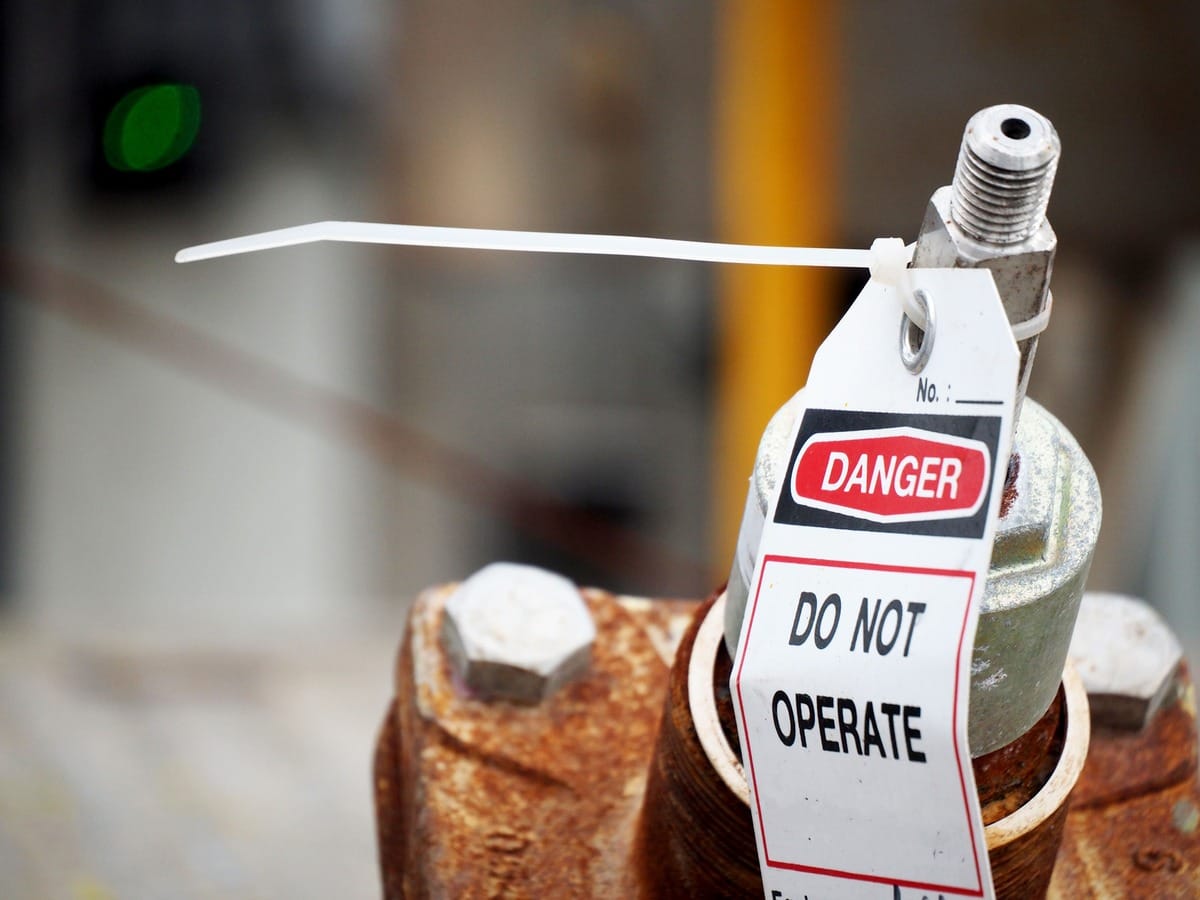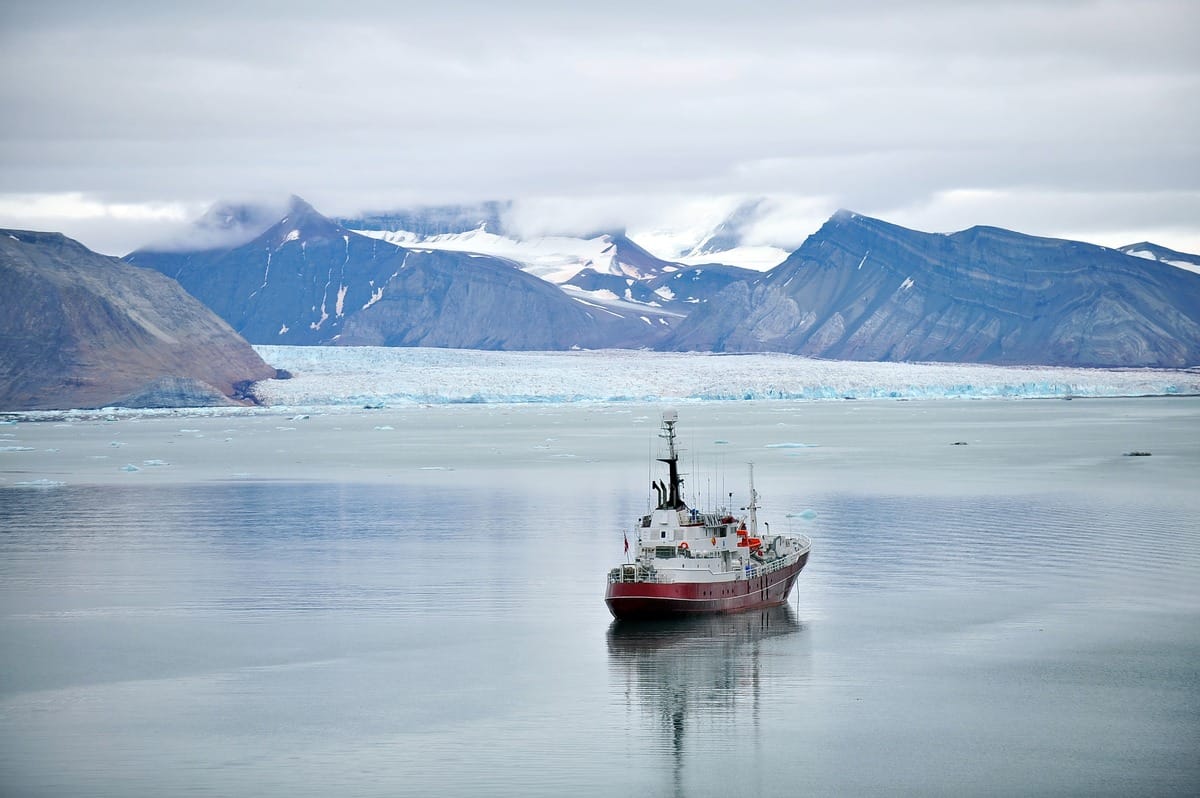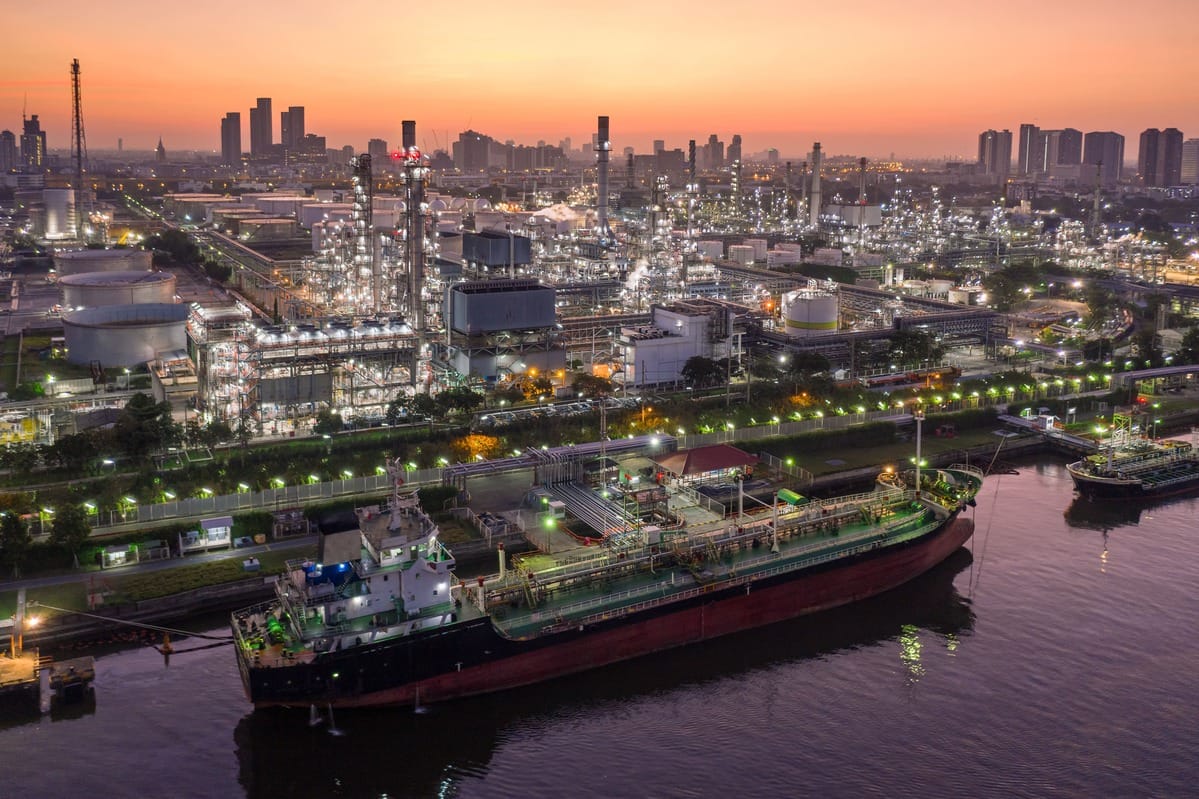The Dutch Inspectorate for Environment and Transport is preparing to enforce ISO 13739 bunker sampling standards in the Port of
The Dutch Inspectorate for Environment and Transport is preparing to enforce ISO 13739 bunker sampling standards in the Port of Rotterdam, aiming to enhance compliance with MARPOL fuel oil sampling regulations. According to information received by the IBIA Secretariat, the new enforcement will ensure that all MARPOL samples are collected through drip sampling at the receiving vessel’s manifold, marking a significant regulatory shift for the Amsterdam-Rotterdam-Antwerp (ARA) bunkering hub.
Port of Rotterdam: New Bunker Sampling Requirements
Under the revised enforcement approach, the following measures will apply:
- Mandatory drip sampling at the receiving vessel’s manifold: The MARPOL fuel sample must be collected using a continuous drip sampling method at the receiving vessel’s manifold, ensuring a representative sample of the fuel delivered throughout the bunkering operation. This aligns with ISO 13739, the internationally recognized standard for bunker fuel sampling.
- Alternative sampling points require a waiver: If the bunker supplier and receiving vessel mutually agree to use a different sampling location—other than the vessel’s manifold—they must inform the Dutch Inspectorate, which may issue a waiver on a case-by-case basis.
- Operational samples can still be taken from the bunker barge: While the MARPOL-compliant sample must follow the drip sampling procedure on the receiving vessel, additional operational samples may still be taken from the bunker barge’s sampling point for reference.
- Recording of all seal numbers on the BDN: All seal numbers and counter seals associated with the MARPOL sample must be recorded on the Bunker Delivery Note (BDN) to ensure traceability and compliance with regulations.
Transition Period and Full Implementation Timeline
Currently, drip sampling at the receiving vessel’s manifold is not standard practice in the ARA region, where bunker samples are often collected from the barge’s sample point. However, the Dutch Inspectorate will begin enforcing this regulation gradually to allow industry players time to adapt.
- Initial flexibility: Authorities are expected to show some leniency in the early phase, allowing suppliers and vessel operators to adjust to the new requirements.
- Strict enforcement expected by 2025: While no exact date has been confirmed, enforcement is likely to begin in 2025 and will become fully mandatory no later than early 2026.
- Alignment with Mass Flow Meter (MFM) obligations: The full enforcement timeline will coincide with the planned mandatory use of Mass Flow Meters (MFM) in Rotterdam, further strengthening transparency and accountability in bunker fuel transactions.
Impact on the Bunkering Industry
The enforcement of ISO 13739 bunker sampling procedures in Rotterdam, one of the world’s largest bunkering hubs, is expected to bring several key changes:
- Improved fuel quality control: By ensuring that MARPOL samples are taken at the receiving vessel’s manifold, the risk of sample discrepancies will be significantly reduced.
- Enhanced regulatory compliance: Stricter enforcement will align Rotterdam with global best practices, reducing the likelihood of fuel disputes and regulatory violations.
- Greater transparency in bunkering operations: The requirement to record all seal numbers on the BDN will improve traceability, ensuring that fuel samples are properly documented.
With enforcement set to strengthen in the coming years, suppliers, vessel operators, and bunker surveyors should begin preparing for compliance with these new requirements.
About IBIA
IBIA serves as the trusted voice of the global bunker industry, bridging the gaps between stakeholders and policymakers. The Association’s mission is to promote the common good of the bunkering community through education, advocacy, and professional standards development. Representing the industry at the International Maritime Organization (IMO) and other global platforms, IBIA remains committed to shaping a sustainable and innovative future for marine fuels.
With its expansive membership base—including shipowners, charterers, port authorities, legal experts, and NGOs—IBIA continues to provide a vibrant international forum to address industry challenges and foster collaboration.
Content Original Link:
" target="_blank">


























































